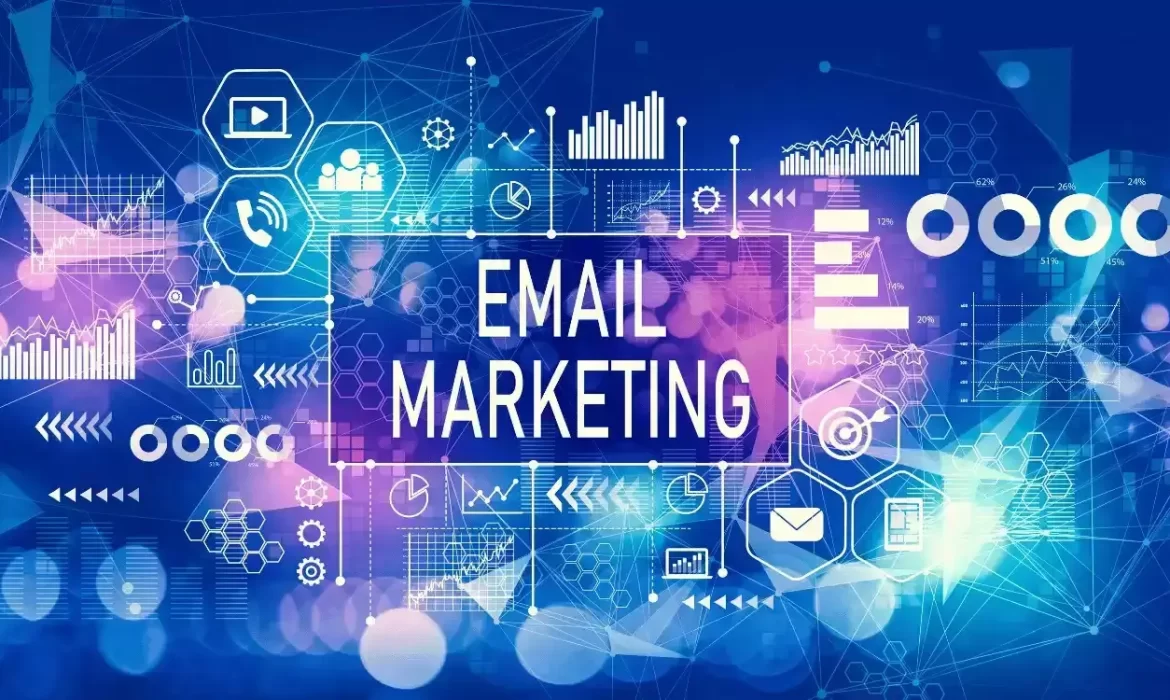Impact and importance of Digital Marketing for Real Estate
Statistics highlight the significant impact of online marketing for real estate sales. For instance, over 90% of home buyers use the internet as a primary research tool, and properties with high-quality online listings tend to sell 32% faster. These figures underscore the necessity of a robust digital marketing strategy in today’s competitive real estate market.
10 Effective strategies of Digital Marketing for Real Estate offered by W3Torch
Understand Audience and analysis:
1. Identify Your Goals
2. Understand Your Target Audience
-
Focus:
W3Torch Digital Agency stands out for its innovative and data-driven approach to digital marketing. They combine creativity with analytics to deliver effective campaigns for their clients. -
Services:
Their services include SEO, PPC, social media marketing, content marketing, and web development, all tailored to meet the unique needs of each client. -
Clients:
W3Torch has served a diverse range of clients, from startups to large corporations, helping them achieve their digital marketing goals.
Build a Strong Online Presence
1. Create a Professional Website
Your website should be user-friendly, mobile-responsive, and optimized for search engines. Include high-quality images, detailed property descriptions, and easy navigation.
-
Responsive Design:
Ensure your website is mobile-friendly. -
Property Listings:
Include high-quality images, virtual tours, and detailed descriptions. -
SEO Optimization:
Optimize for keywords related to real estate, such as "buy house in [location]", "real estate agents in [location]", etc.
2. Optimize for SEO
3. Set Up Google My Business
Content Marketing
1. Start a Blog
2. Create High-Quality Visual Content
3. Leverage Infographics
4. Importance of Neighborhood Guides, Market Trends, and Buying/Selling Tips
5. Case Studies and Testimonials from Satisfied Clients
Social Media Marketing
1. Choose the Right Platforms
2.Regularly Post Engaging Content
3. Utilize Paid Advertising
4. Engage with Your Audience
Email Marketing
1. Build an Email List
2. Segment Your List
3. Create Compelling Email Campaigns
Pay-Per-Click (PPC) Advertising
1. Google Ads for Real Estate
2. Use Retargeting Ads
3. Monitor and Optimize Campaigns
Utilize Real Estate Portals
1. List Properties on Popular Portals
2. Optimize Your Listings

Leverage Online Reviews and Testimonials
1. Encourage Satisfied Clients to Leave Reviews
2. Showcase Testimonials on Your Website
Analytics and Reporting
1. Tracking and Measuring Success
2. Digital Marketing for Real Estate KPI
3. Utilizing Google Analytics, Social Media Insights, and CRM Analytics
4. Making Data-Driven Decisions
Stay Updated with Industry Trends
1. Keep Learning
2. Network with Industry Professionals
Join real estate and digital marketing groups on social media. Attend industry events to network with other professionals and learn from their experiences.
By following these steps, you can create a comprehensive digital marketing strategy for Real Estate that effectively promotes your real estate business and attracts potential clients.
Call to Action
Reach out to us for a customized digital marketing plan designed to meet your specific needs. Book a free consultation with our experts to explore how we can help you attract more clients and close more deals.
Conclusion of Digital Marketing for Real Estate
A comprehensive strategy of digital marketing for real estate is essential for success. By leveraging digital marketing tools and techniques, you can maximize your impact and stay competitive. Don’t miss out on the digital revolution in real estate. Contact us today to start your journey towards greater visibility and increased sales!
W3torch helps you to boost your business whether you are a big and small company for real estate. Contact us today to grow your business.








